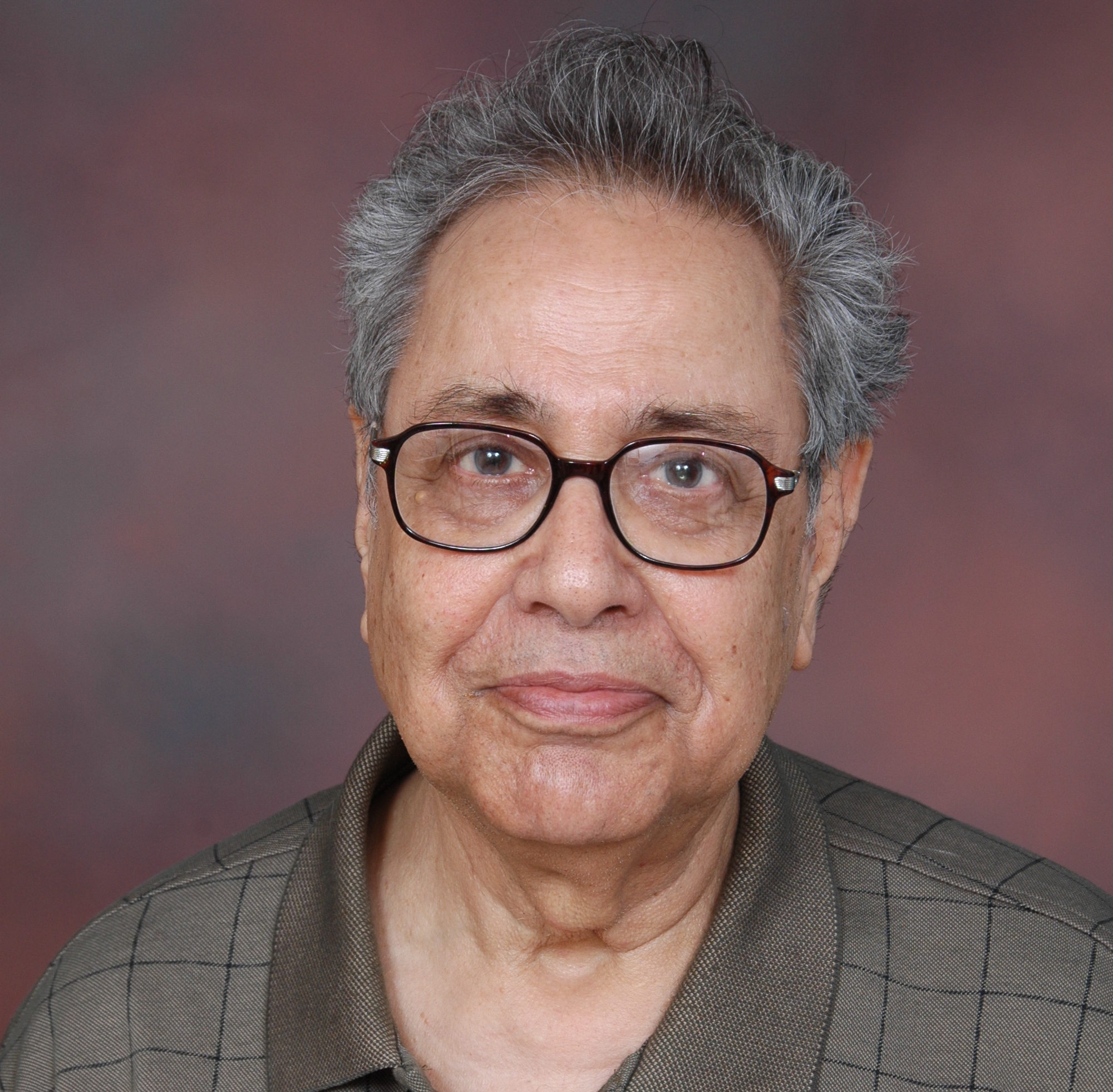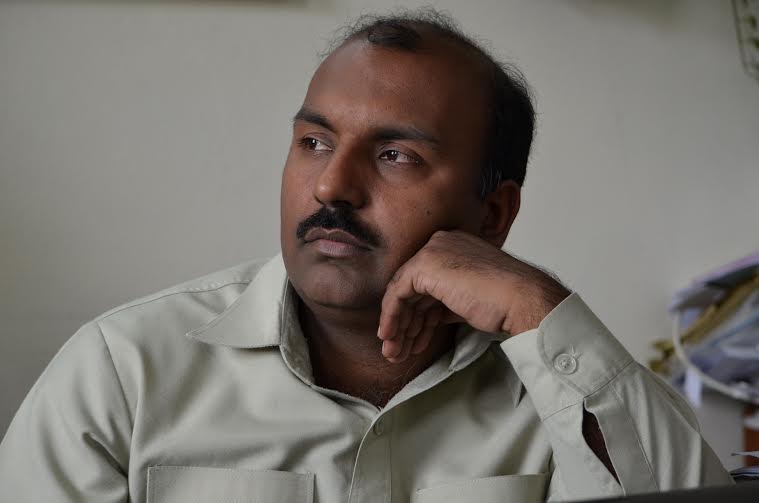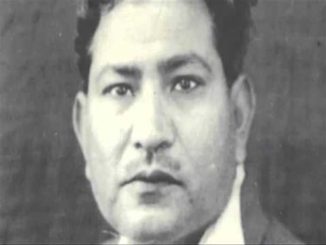
Raising eyebrow too often
(Satyapal Anand)
“Just letting everyone know it’s possible to sprain your eyebrow if you raise one too often and quickly enough to show your disappointment and surprise….. This is a quote, but what a quote! I am reminded of it every time I have to face idiotic whys and wherefores about something clear as daylight. And yet, even if I stop thinking and stop raising my eyebrow for fear of a headache or a sprain, the diehards keep on hitting me with their inanities. A few examples, my dear readers, will prove my point.
He was a well-known (at least I was told that!) Hindi poet from India attending a kavya goshthi alongside me in a local temple. When tea-break came, he said to me in chaste Hindi. Aap Urdu mein kiyon rachna karn ka karya kartey hain? Hindi mein kiyon nahin? (Why do you prefer to do all your creative writing in Urdu? Why not in Hindi?). At this two-in-one question, I raised my eyebrow a little, and posed a counter question, “Why not?” He said, “Because it is a language of the Muslims.” I raised my eyebrows a full inch this time. “Oh, is it?” I said. “It’s a piece of news for me.” I counted two dozen names of non-Muslim Hindu writers of Urdu and an equal number of Muslim writers of Hindi. He was not to be cowed down by my statistical approach. He went on and on…further on and on …and by the time I had finished my now-cold cup of tea, I had developed a sprain as I must have raised my eyebrow fifty times, if not more!
A well-attended mushaira in Mississauga last year brought another well-rehearsed scene. I was a special guest of the presiding deity Janab Shaheen, a renowned Urdu poet. I was seated in the first row corner with a couple of ebullient youngsters bubbling with quips and quivering arrows for the bad poetry being recited from the stage. There was a string of well known ghazal–singers (I have reasonable doubts about their being genuine poets) on the podium. Each time the youngsters sitting one on each side of me (one a comely lady and the other a cynicism-personified young man) whispered a quip or a witticism, I added a jest or wisecrack – and all three of us tittered – to the great discomfort of the worthies on the stage. Bad taste, I agree, but better than raising my eyebrow a hundred times on a hundred tasteless and inane couplets. I am afraid of getting a sprain on my forehead, indeed, worse than a headache.
Please read this too: Thief’s charity is robber’s gain
The story is not over. Let me continue. The presiding deity, with a naughty twinkle in his eye, introduced me as a ‘renowned poet’ but with an unwarranted animus for ghazal, “although he himself writes ghazals, not only in Urdu but in Hindi and Punjabi as well.” I could pay back in even coin but love Shaheen Sahib and I chose not to engage in repartee … and … chose to peacefully recite my poems and come back to my seat in the audience. This could have pacified the chief poet singer on the stage. It is said that because of his tarannum, he makes a few lakhs of rupees from mushairas in India. Lo and behold, when he came on the stage he pointed his index finger at me from the stage and said, “There sits the avowed enemy of ghazal.” I was taken aback because in polite society this is not done. Then he sang his oft-sung couplets, one from this ghazal and a couple from that – with body language more vocal than words. He is projecting himself as a specimen of neutral sex with long hair, indeed the very cop of those who sing and dance in India and Pakistan on the happy occasion of a marriage or a male child-birth.” This remark was not mine but of the ebullient young lady sitting next to me. It transpired that she knew him better because the man was reputed to write and recite sehra compositions for bridegrooms in marriages of rich clients and charge a hefty sum of money for that.
Each month I get three or four invitations for book launching ceremonial mushairas in which, like a bride or bridegroom, the poet/author sits bedecked with all, except a sehra , waiting for ‘encomiums aplenty’ from the gathered worthies, most of them senior to him, singing his praises. The orgasmic moment comes when the chief guest opens the apron-strings (band-e-qaba) of the colorfully wrapped book, cameras click in the din of clapping and then the function is over.
There was no such book launching ceremonies back in India. My first book of poems, as also one of short stories was published by Biswin Sadi, a top-notch magazine back in fifties of the last century. Two novels were published by Shama, another widely circulated film magazine. One after another, seven more books were published by publishers in Delhi and Jalandhar. No one even thought of a ‘kitab ki ru -numaii’ رو نمائی then. It was just not done. Now, the publication of the book is not complete if it is not done. Often I think that it is like unveiling of a bride (Naqab kushaii -or – ghoonghat uthaii نقاب کشائی یا گھونگھٹ اٹھائی ) of a bride in full public view. Alas, the poor bride of a book – undressed in public, as it were!




